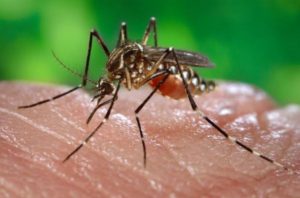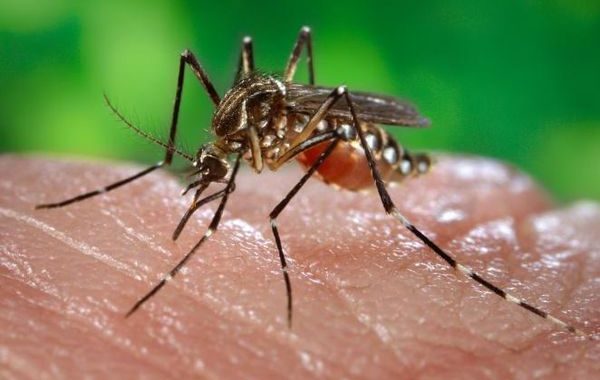 Although Zika virus has been in the news for some time now, it has jumped to the front of news desks with new outbreaks that have taken place in Brazil and most recently found in Florida. Many unanswered questions are swirling through the media, prime time specials and news room around the world.
Although Zika virus has been in the news for some time now, it has jumped to the front of news desks with new outbreaks that have taken place in Brazil and most recently found in Florida. Many unanswered questions are swirling through the media, prime time specials and news room around the world.
The Zika virus is much more than a medical situation, it’s taken on its own identity through politics and the economic stage. The 2016 Rio de Janeiro Summer Olympics have many Brazilian officials concerned about a low turnout of fans and athletes. It’s also only one of very few health issues that have made it to the desks of Congress for billions of dollars to fight it.
As of February, 2016, the World Health Organization has declared Zika as a public health emergency, internationally.
So what are the real concerns from this virus and how can it be fought? How contagious is it and who should be the most concerned about contracting it?
How Zika Is Transmitted:
Mosquito bites from the Aedes species
Transmitted from a pregnant mother to her unborn child
Sexual intercourse with an infected male from infected counties.
Due to increased blood transfusions in Brazil, it’s believed that this might be increasing a pathway for the virus to spread. The medical community in Brazil is further testing to confirm or not confirm this to be the case.
The Common Symptoms:
The most common symptoms include red eyes, fatigue, headache, fever, inflammation of joints and rashes. These symptoms, in general, are very mild.
The most serious concerns are through transmissions from a mother to her unborn baby. Zika causes a serious birth defect known as microcephaly. This causes an under developed brain and a smaller head.
Cases Within The United States:
There are approximately 1,660 cases within the U.S and all were from people traveling outside the country. With the latest finding in Florida, health officials have stated that the cases were not from traveling overseas but transmitted by mosquitoes within the U.S. Although all captured mosquitoes that were tested did not show the virus, it’s still believed this is how the virus effected the Florida cases. Most of the northern areas of the U.S. will probably not experience the spread through mosquitoes due to colder temperatures and drier conditions.
Women in Dade County, Florida have been warned to stay out of certain neighborhoods where the virus has been detected. Unlike Brazil, the advantage within the U.S. lies in cleaner, healthier water.
Is There A Vaccine?
At present, there are two tests being run for a vaccine that were successful in monkeys. They are now attempting to test with humans but still have a way to go before a vaccine can be confirmed.
As the World Health Organization is staying on top of the issue, pregnant women are the highest concern for this virus. Most people who might contract the virus will probably never know they have it. Those highest at risk are the unborn babies of women who have the virus. As the medical world is continually working on finding a cure, through a vaccine, more news will continue to circulate throughout news rooms and media.
What to Do Next?
If you are experiencing any of the symptoms mentioned above and have traveled out of the country recently, we recommend visiting our facility for urgent care in San Diego immediately! Contact us today.

